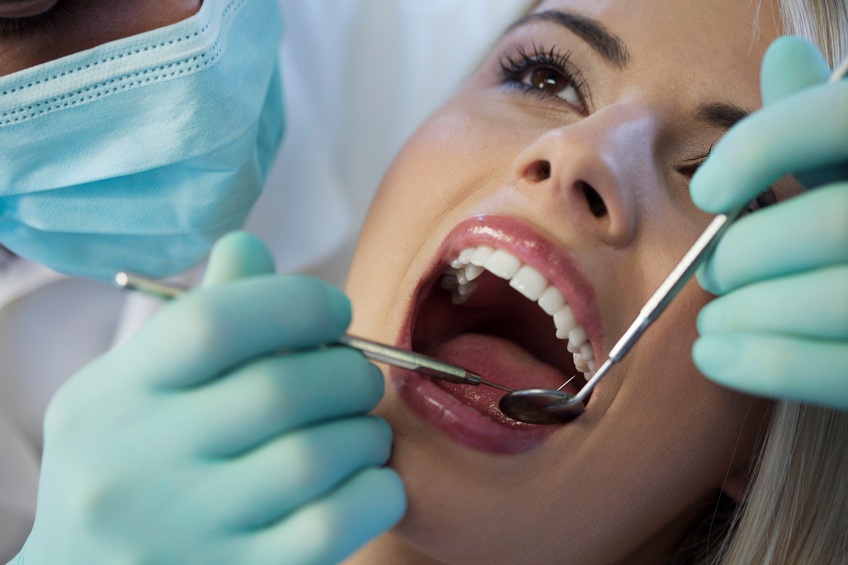What’s the Best Age to Start Routine Dental Visits?
Many parents wonder, what’s the best age to start routine dental visits, especially when their child’s first tooth comes in. According to the American General Dentistry Association and pediatric dental experts, children should visit the dentist by their first birthday or within six months of their first tooth erupting. This early start lays the foundation for good oral health and helps prevent future dental problems. Routine dental visits from a young age also help children feel comfortable with dental care, setting them up for a lifetime of healthy habits.
Why Early Dental Visits Matter?
Beginning routine dental visits at an early age is key to catching potential problems before they become serious. Primary teeth, though temporary, play an important role in your child’s oral development and overall health.
Early dental visits help with:
- Monitoring growth and development of the teeth and jaws
- Detecting early signs of tooth decay or enamel defects
- Advising on proper brushing and flossing habits
- Offering guidance on nutrition and oral health
- Discussing habits like thumb-sucking or pacifier use
Establishing trust with a dental care provider early in life reduces dental anxiety and builds a lifelong routine of preventive care.
What Happens During the First Visit?
The first routine dental visit is designed to be gentle, educational, and reassuring. It often takes place with a pediatric dentist, but many general dentists are also well-trained in treating young children.
Parents can expect the first visit to include:
- A gentle exam of the teeth, gums, and jaw
- Discussion about teething and dental milestones
- Instruction on how to brush and care for your child’s teeth
- Nutrition advice related to oral health
- Guidance on how to handle common issues like bottle feeding at night
- Opportunity to ask questions and receive tailored advice
This visit is also an opportunity to make dental care feel safe and non-threatening for your child.
Frequency of Routine Dental Visits for Children:
After the initial visit, most children should continue with routine dental appointments every six months. This helps track changes in the mouth and catch any developing issues early.
Dentists recommend twice-yearly visits for:
- Regular cleanings to remove plaque and tartar
- Fluoride treatments to strengthen enamel
- Monitoring of tooth eruption and spacing
- Early intervention for orthodontic concerns
- Reinforcement of brushing and flossing habits
Depending on your child’s specific oral health needs, the dentist may suggest more frequent visits or additional preventive treatments.
Benefits of Starting Routine Visits at the Right Age:
Understanding what’s the best age to start routine dental visits can help parents take proactive steps in protecting their child’s smile. Children who visit the dentist early and regularly tend to experience fewer dental issues and are more confident about their oral health as they grow.
Long-term benefits of early routine visits include:
- Lower risk of cavities and gum disease
- Fewer emergency dental procedures
- Better oral hygiene habits into adolescence and adulthood
- Reduced dental fear or anxiety
- Stronger, healthier permanent teeth
Preventive dental care is far less stressful and costly than treating advanced problems later on, making these early visits both smart and economical.
How to Prepare Your Child for Their Dental Visit?
Helping your child have a positive first General Dentistry Treatment experience begins at home. Talking about the dentist in a calm, friendly way and introducing the idea through play can ease nervousness and build excitement.
Helpful preparation tips include:
- Reading children’s books or watching cartoons about dental visits
- Playing “dentist” at home to demonstrate the process
- Scheduling appointments during times when your child is well-rested
- Bringing a favorite toy or blanket for comfort
- Staying calm and positive yourself to set the tone
Creating a stress-free environment around dental visits encourages lifelong cooperation and positive attitudes toward oral health care.
